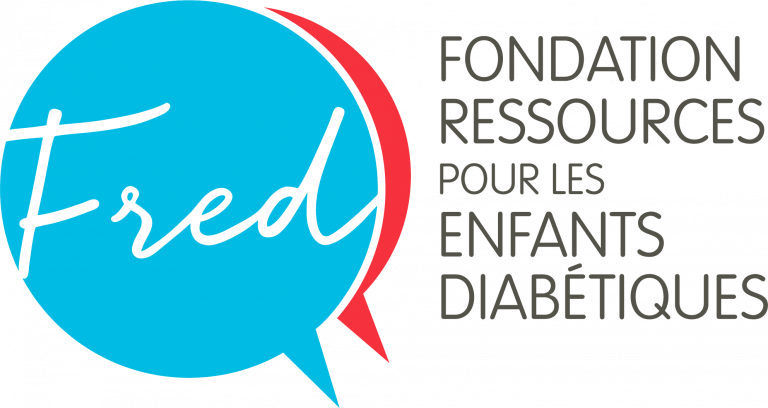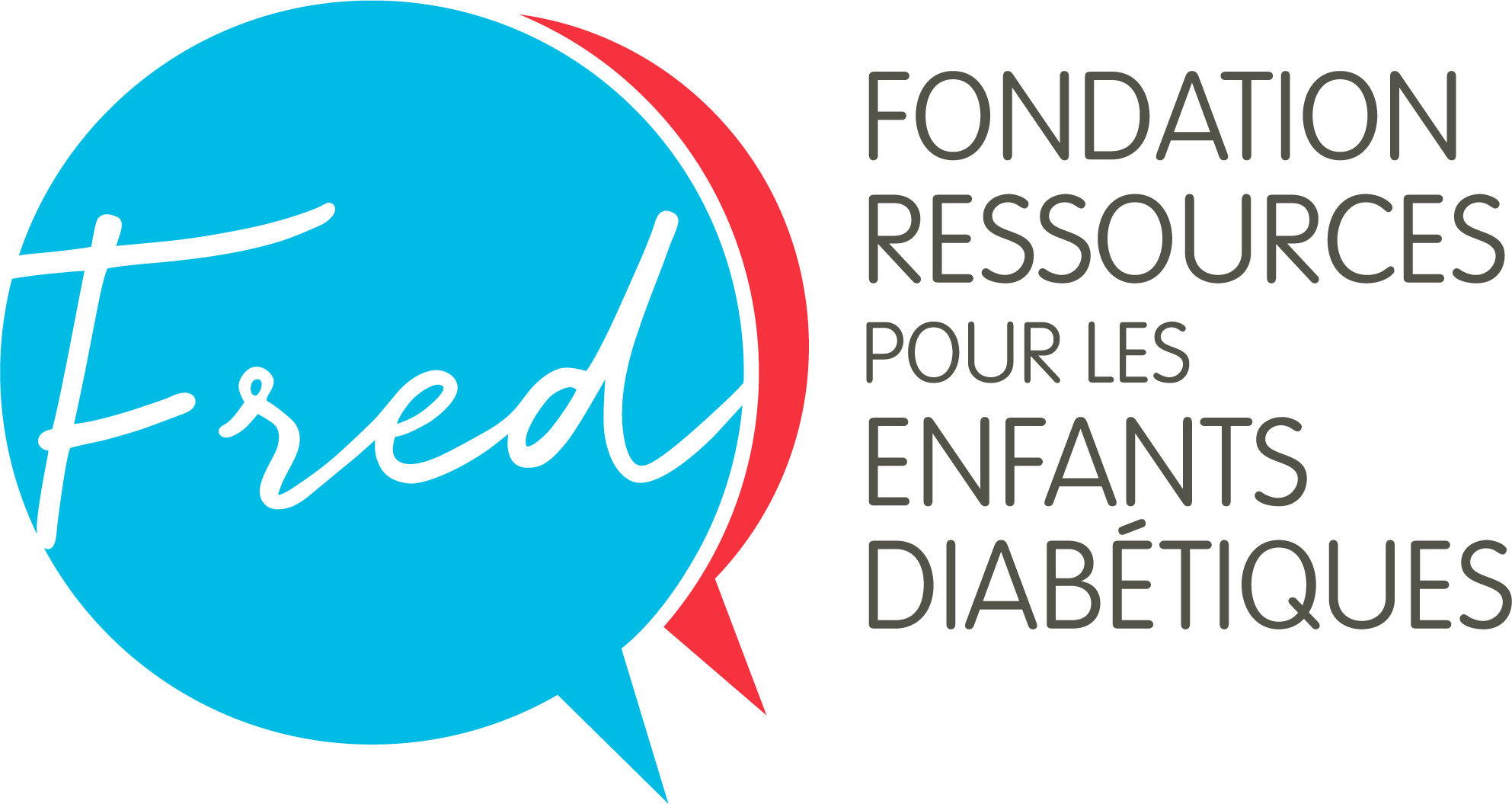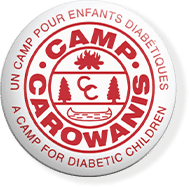support for teens
Alcohol consumption
Home / Alcohol consumption
How alcohol affects diabetics
Too much booze affects everyone the same way, but when you have diabetes it can trigger severe hypoglycemia
Did you know?
- Excessive alcohol can trigger severe hypoglycaemia.
- Alcohol can affect blood sugar for up to 24 hours.
- Glucagon is ineffective in reversing severe hypo-glycaemia caused by alcohol.
- The following symptoms of hypoglycaemia could be confused with drunkenness.
- There is now a good selection of non-alcoholic beers that finally taste good, like Red Broue, Weihenstephaner, Bitburger or Krombacher.
- You may get pressure from your friends to drink to excess. It’s okay to say, “No thanks, I’m OK,” “No thanks, I’m the designated driver,” “No thanks, I’m diabetic and would rather have fun and not get sick!”
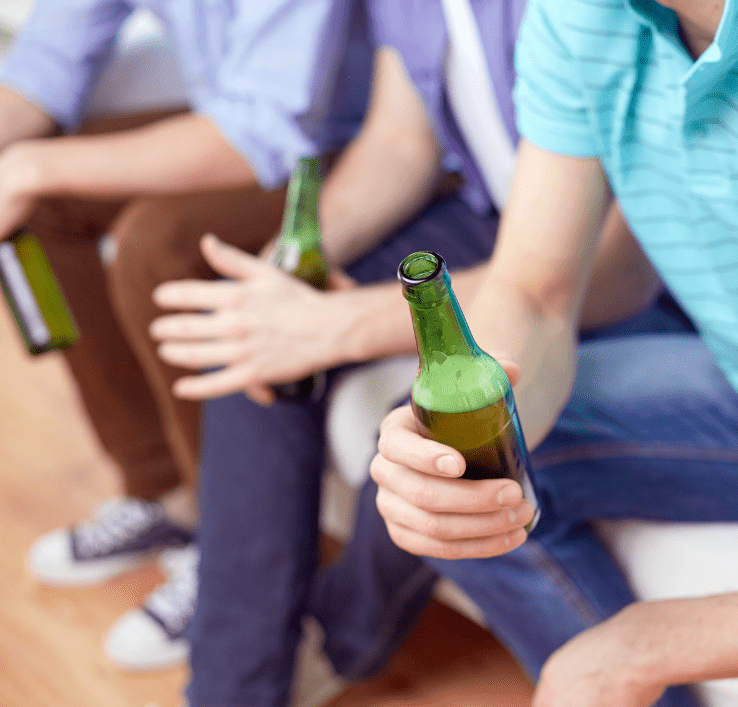
Are your friends trying to get you to dring too much? Just say NO.
Can I still have a drink?
Yes, but in moderation (talk about it with your folks).
Make sure not to get drunk or take part in any chugging contests.
Keep in ming that in general, men shouldn’t consume more than 1 drink/hour — and women, 1 drink/2 hours.
Tips
1 – You shouldn’t usually have a bolus after drinking, because alcohol itself does not contain carbohydrates.
2 – It may be a drag, but check your blood sugar, before, while and after drinking
3 – Wear your MedicAlert® bracelet and tell a friend you’re a diabetic, how to recognize the symptoms and what to do if necessary.
4 – Consider eating high-carbohydrate foods, which help maintain blood sugar levels, when drinking alcohol.
5 – Assure-toi de boire tranquillement, pour que ta consommation dure plus longtemps !
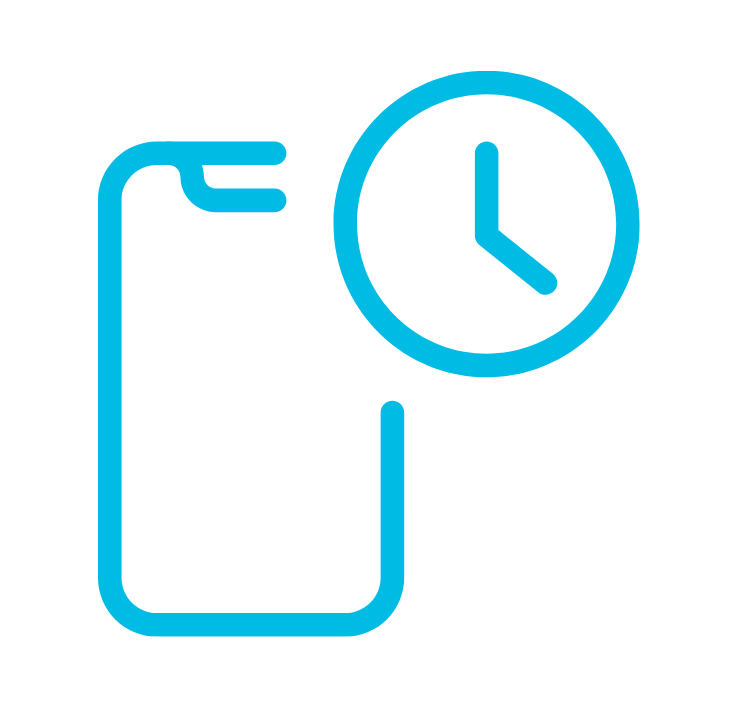
If you do get carried away...
If you exceed your limits anyway, make sure when you get home to:
- Tell your parents the truth so they can check your blood sugar and make sure everything is OK
- Check your blood sugar before you go to bed.
- Cut your slow-acting insulin (night flow) (to discuss with your doctor).
- Set an alarm for the next morning (or have someone wake you) so you don’t forget to take your insulin.
Recipe for disaster...
- Forgetting to take along sugar supplements.
- Failing to tell people that you are a diabetic.
- Failing to do a ketone reading if your blood sugar is very high or you are vomiting.
- Taking drugs and alcohol together.
- Drinking and driving.
- When you get home, not telling your parents you were drinking.
- Forgetting to take your insulin the next day.
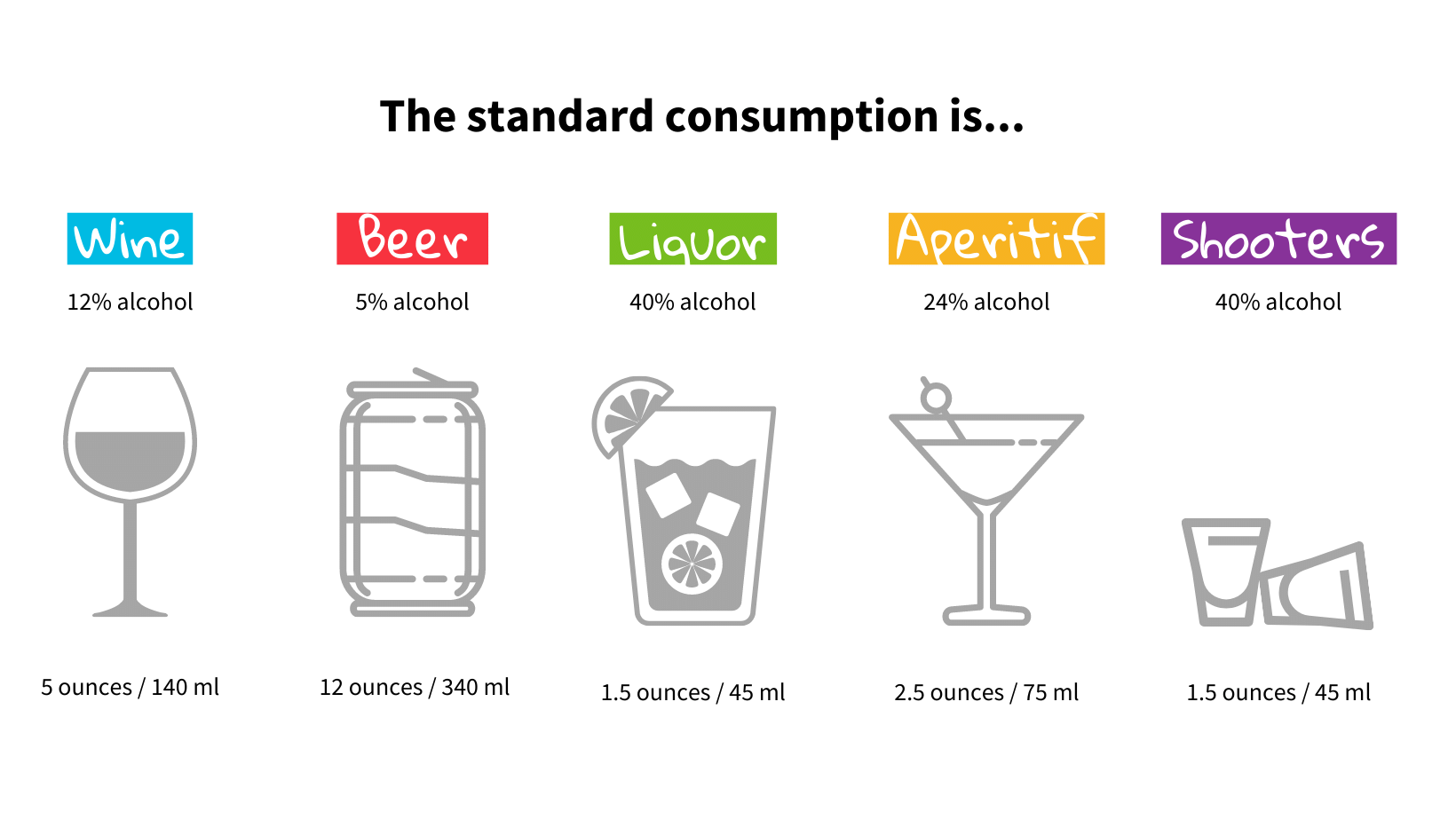
Source
Diabetes Section Team
Ste-Justine UHC
University of Montreal
